Structural & Acoustics Blog Posts
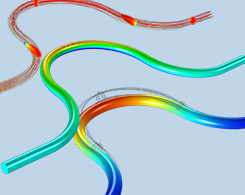
Modeling Aeroacoustics with the Linearized Navier-Stokes Equations
Get a comprehensive introduction to aeroacoustics modeling, as well as the linearized Navier–Stokes equations and how to implement them in COMSOL Multiphysics®.
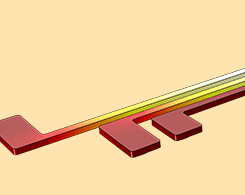
Optimizing the Design of Thermal Actuators for Use in Microsatellites
Microsatellites are replacing traditional large satellites in aerospace missions for gathering scientific data. Using simulation, we can optimize an important component of these devices.
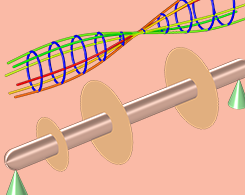
How to Perform Various Rotor Analyses in the COMSOL® Software
Check out all of the different types of rotor analyses you can perform using the specialized features in the Rotordynamics Module, an add-on to COMSOL Multiphysics®.
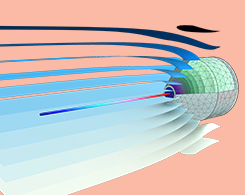
Analyzing a Probe Tube Microphone Design with Acoustics Simulation
Probe tube microphones are an important component in hearing aids. Learn about how you can use acoustics modeling to analyze the design and predict the performance of these devices.
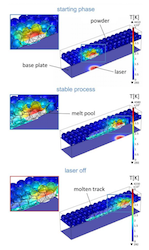
Analyzing Laser Beam-Matter Interaction in Selective Laser Melting
Selective laser melting is a common and important process in many types of manufacturing. You can model the interaction between the laser beam and matter for a closer look at this process.

How to Model Heat and Moisture Transport in Porous Media with COMSOL®
Modeling the transport of heat and moisture in porous media, like building envelopes and other construction materials, is a simple process with a predefined Heat and Moisture Transport interface.
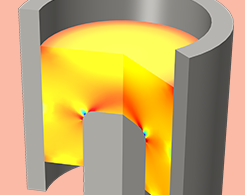
Simulating Powder Compaction with Porous Plasticity Models
Powder compaction is an important and popular technique in many manufacturing industries. You can use porous plasticity models to analyze and improve the powder compaction process.
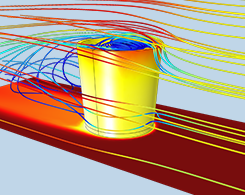
How to Model Heat and Moisture Transport in Air with COMSOL®
First, we discuss how to model heat transport in moist air. Then, we add complexity by demonstrating how to couple heat and moisture transport in air in your simulation.



